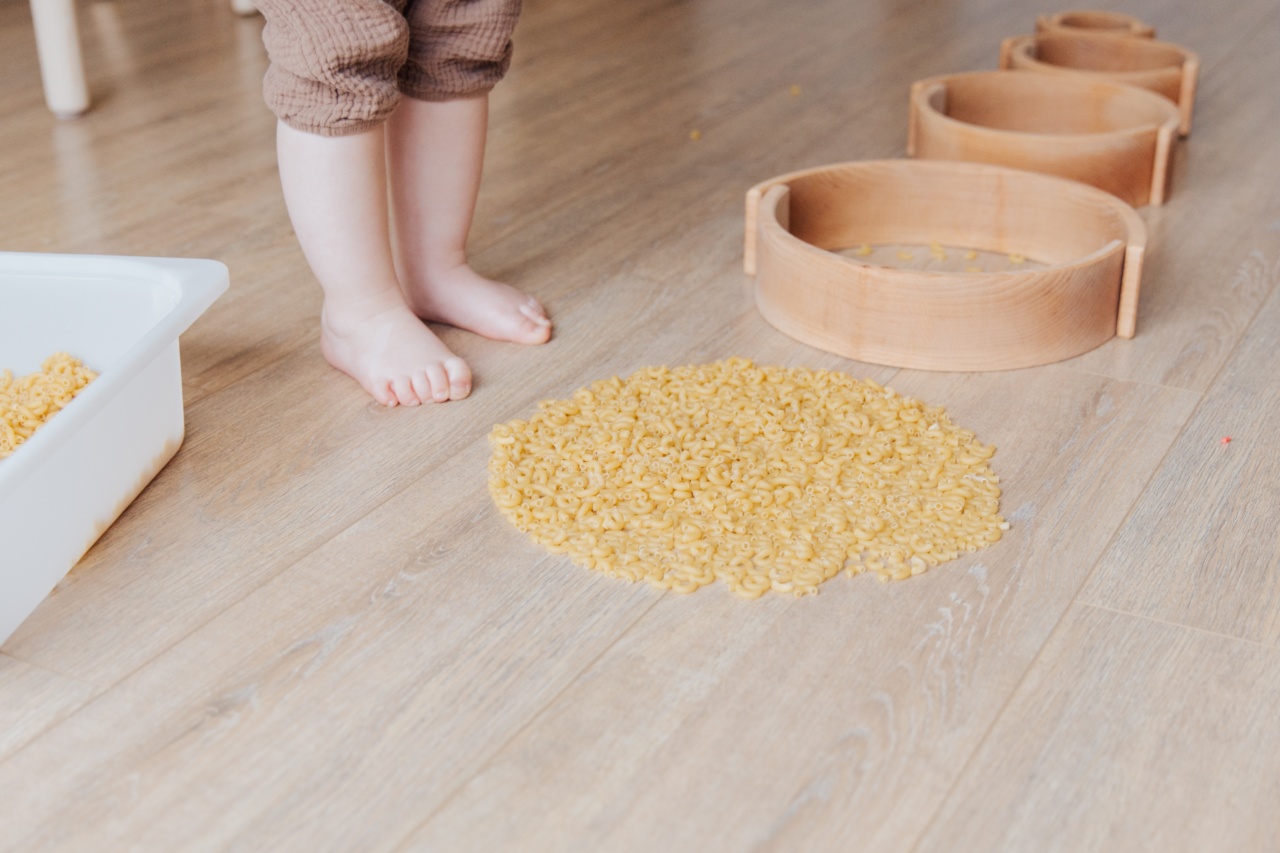Good health is important to everyone, no matter your age or size. However, it is especially important for children as they are still developing and growing.
As a parent or caregiver, you play a vital role in ensuring the little ones understand the importance of taking care of their bodies. Helping your child to understand their body’s needs for good health will enable them to develop healthy habits and make conscious choices in the future.
What is Good Health?
Good health is more than just being physically fit. It involves feeling emotionally and mentally sound as well. According to the World Health Organization (WHO), good health is a state of complete physical, mental, and social well-being.
Here are some components of good health to keep in mind:.
- Eating a well-balanced diet
- Getting enough sleep
- Regular exercise
- Maintaining proper hygiene
- Reducing stress
The Importance of a Balanced Diet
A well-balanced diet is essential for good health and can prevent a variety of illnesses that may occur due to nutrient deficiencies.
A balanced diet contains all the essential nutrients needed for the body to function correctly, including carbohydrates, proteins, fats, vitamins, and minerals. Children require proper nutrition to grow and develop, and a healthy diet can help meet their nutrient needs.
Ensure your child eats a variety of foods from each food group at every meal. Here are some examples of food groups:.
- Vegetables and fruits
- Whole grains
- Lean protein
- Dairy products
- Healthy fats
Getting Enough Sleep
Sleep is essential for children’s growth and development because their bodies and brains are still developing.
The National Sleep Foundation recommends preschoolers (ages three to five) need between ten and thirteen hours of sleep each night, while elementary school children (ages six to thirteen) need between nine and eleven hours of sleep every night.
Ensure your little one has a regular sleep schedule, including a set bedtime and wake-up time, as this helps them to fall asleep quickly.
Experts also recommend that electronics such as televisions, smartphones or tablets are removed or turned off for an hour before bedtime to help children to wind down and fall asleep quickly.
Regular Exercise
Regular exercise is one of the essential components of good health and helps promote healthy heart function, strong bones and muscles, circulatory and respiratory health in children.
Exercise helps children develop the foundation for a lifelong healthy lifestyle. The American Heart Association recommends that children need at least 60 minutes of moderate to vigorous activity each day.
Encourage your child to participate in activities that they enjoy. This could include going for a family bike ride, walking, swimming, dancing or playing tag with friends. Make sure exercise is a fun activity for your child and not a chore.
Maintaining Proper Hygiene
Maintaining proper hygiene is a crucial aspect of good health; it prevents the spread of germs that cause illness. Here are some tips to teach your child:.
- Wash hands with soap and water regularly, especially before eating or after playing outside or using the bathroom
- Cover the mouth and nose when coughing or sneezing
- Take a bath or shower regularly and change clothes daily
- Keep fingernails trimmed and clean
Reducing Stress
Stress can cause physical and emotional problems in children, such as anxiety, headaches, depression, and sleep difficulties. Teaching your child how to manage stress is critical in the development of a healthy lifestyle.
Here are some tips to help reduce stress in your little one:.
- Create a comfortable environment at home
- Encourage them to talk about their problems and listen carefully to what they say
- Teach them how to problem-solve and manage priorities effectively
- Encourage them to engage in stress-reducing activities such as sports, arts and crafts, and yoga
Conclusion
Helping your child to understand and appreciate their body’s needs for good health is essential. Encourage them to establish healthy habits that they will maintain throughout their life.
Don’t hesitate to seek professional help if your child struggles with good health for any reason. Remember, the most important thing is that your child understands why good health matters.





























